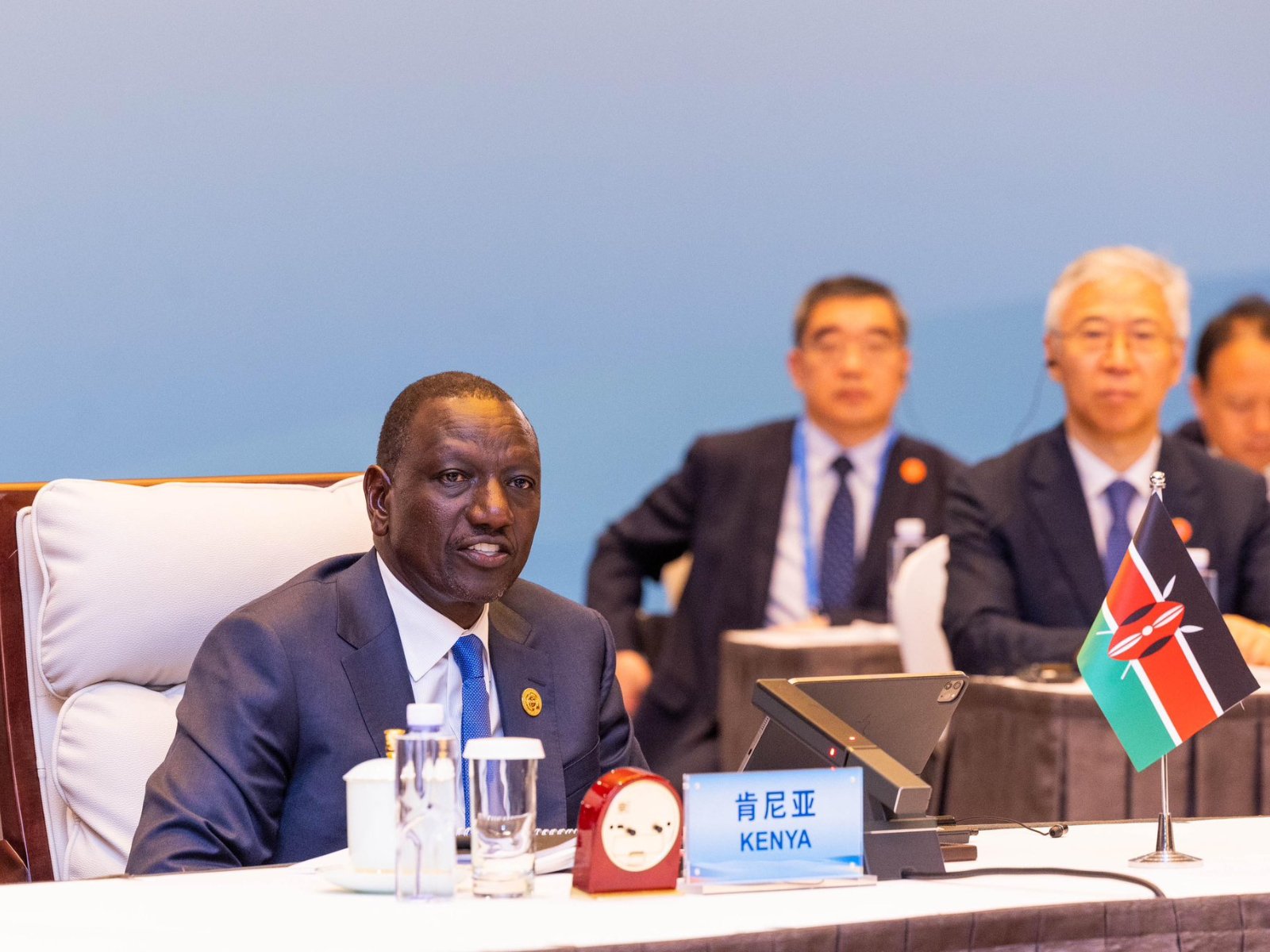China-Africa relations can be win-win for both sides

The highlight of FOCAC 2024 in Beijing is the Chinese government’s pledge to provide more than $50 billion in financial support to Africa over the next three years. In December 2022, the Biden administration, during the US-Africa leaders summit, promised a total of $55 billion in both existing and new deals with African countries
While China’s promise is up from a $40 billion commitment made at the last FOCAC held in Dakar, Senegal, in 2021, it is down from the $60 billion committed in 2018, the last time FOCAC was held in Beijing.
Well, it is not difficult to discern the scramble for Africa by the US and China to reap through these mega deals. One thing that is clear is that most of these deals come with foreign companies doing the job and probably reaping from the loans injected into Africa. While the granular details of the $50 billion support are not available, a good percentage will be non-credit-type assistance, with $10 billion poised to come through Chinese firms to investment in Africa.
Since debunking the debt trap narrative that was ferociously waged by the West as China emerged with the landmark Bridge and Road Initiative, critics opine that China has become a lot more prudent and risk-averse. From loans that were considered too huge for countries whose fiscal policies were largely opaque to smaller, more sustainable projects that have impact. Well, while Africa suffers an infrastructure deficit, and Beijing needs to actualise Xi Jinping’s vision of a truly globalised world through BRI, relations with China are bound to be a win-win for both African countries and China.
The good news for countries like Kenya is that the spotlight has never been brighter on some of the deals the government engages in. Seems like we have learnt from the SGR and the opaqueness that shrouded such a big project financed by the Chinese as part of BRI.
But returning to the FOCAC 2024 goodies, the many deals secured, especially in the areas of infrastructure, agriculture, mining and green energy, should be put into perspective. China and the other powerful nations are essentially major contributors to global warming. Africa, on the other hand, bears the brunt of the impact of climate change, and conversations around adaptation and mitigation are still skewed to favour the major polluters of the earth.
One expects that in the wake of such challenges and contestations on how Africa should be supported in its adaptive and mitigative efforts, our leaders would take the conversations on green energy and manufacturing to a new level that would move manufacturing the bulk of the global brands manufactured in China to Africa. Look, we have the minerals, a robust potential for green energy that remains untapped, a fairly young population that is agile and a lot more productive, competitive labour and for countries like Kenya a very solid and vibrant innovation ecosystem backed by elite graduates compared with so many countries.
We need not have green energy power our homes or provide power to homes where a majority suffer the indignity of living in poverty. We need no green energy deals if that energy is not going to power a robust manufacturing sector that will stop our graduates from seeking menial jobs in the Middle East. We need no investments in mining if our minerals are going to create jobs and blue chip companies in the Global North. African leaders can collectively leverage what we have and push for more of the manufacturing come to Africa.
This would be a win-win for China and Africa. It would allow China to cut down on its carbon emissions and benefit from the competitive labour in Africa. Kenya, for instance, has huge potential and it is geopolitically well positioned in the East African region with a rich Central African hinterland that is full of minerals and the Indian Ocean that is critical in BRI.
Our President has negotiated for jobs with other countries. With such global acumen, and his perceived prominence on the global stage, it doesn’t look like negotiating deals that would bring global manufacturing giants from China to Kenya would be hard for him and his regime.
— The writer is a PhD student in Political Communication














